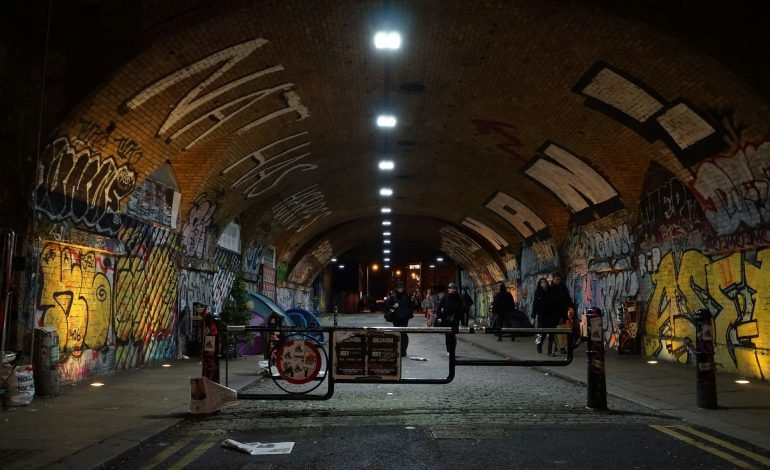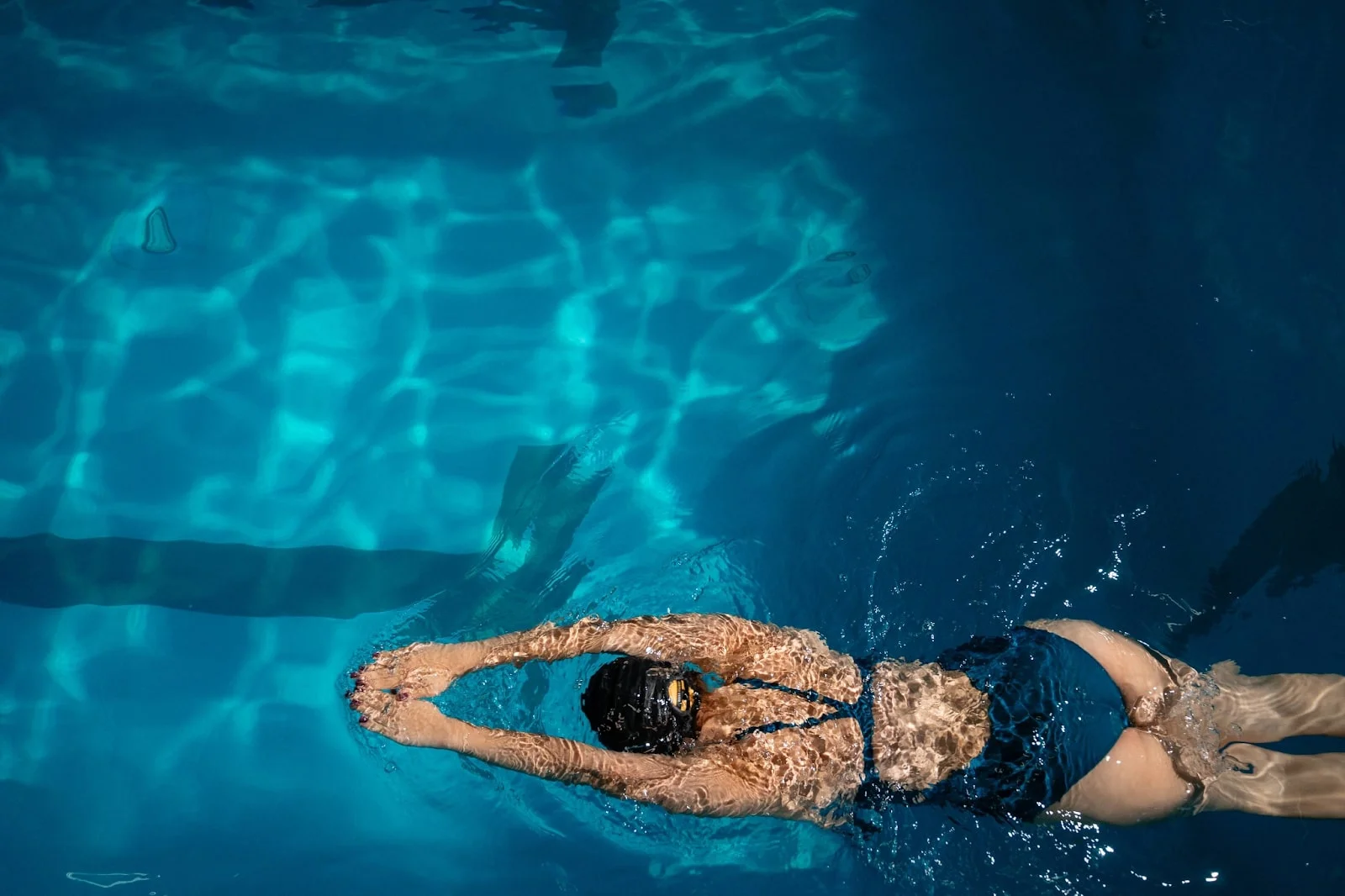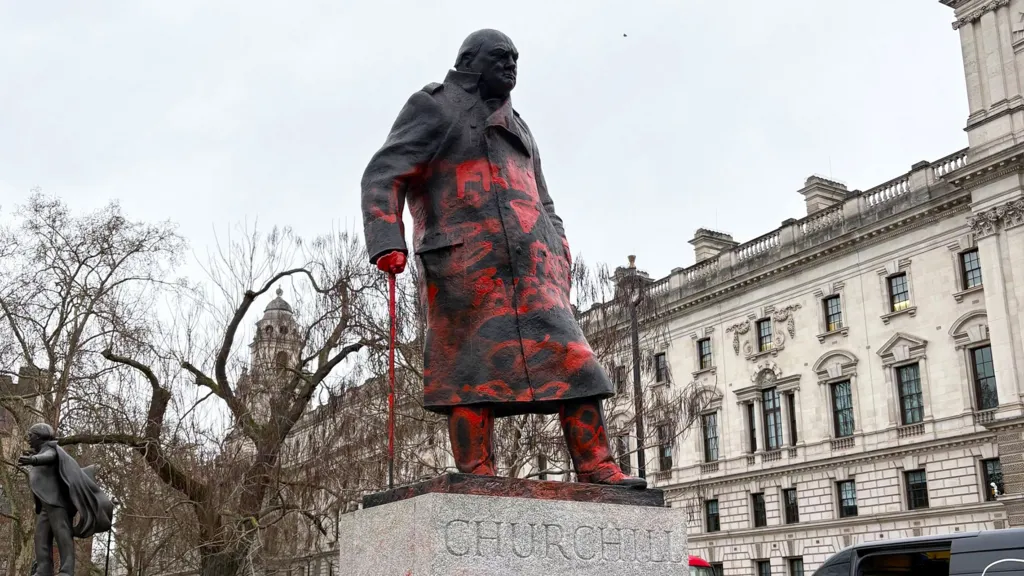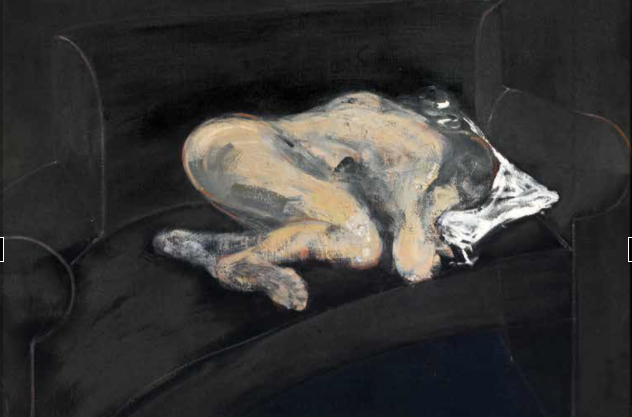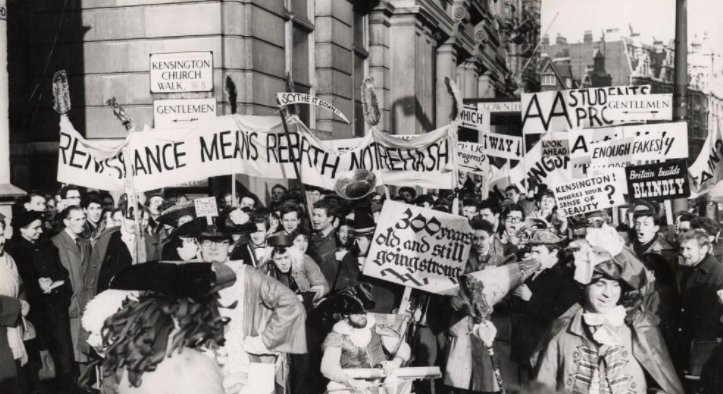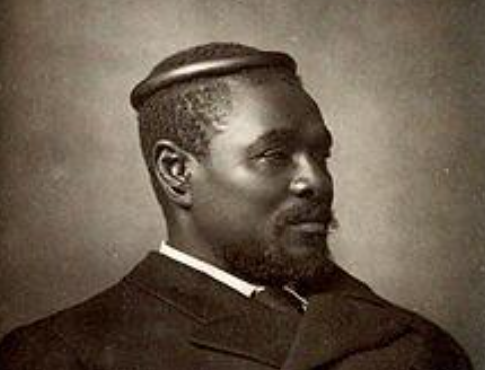Timeless Treasures: This Month’s Classical Music Highlights
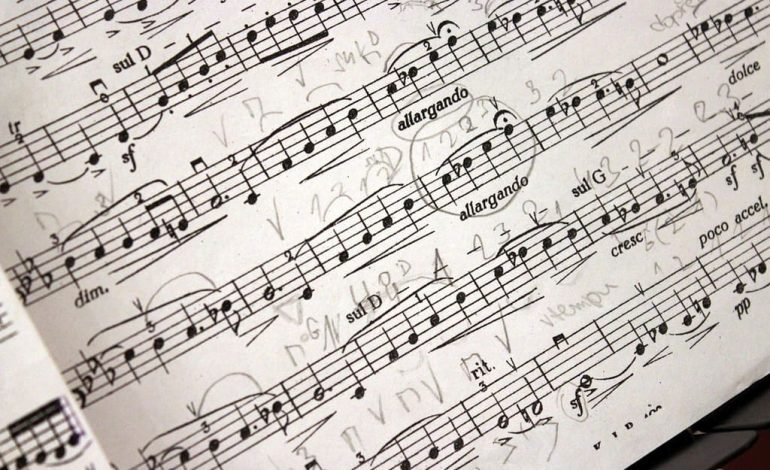
Welcome to this month’s collection of timeless treasures, brought to you by Simon Mundy. From Mozart’s fresh energy on the fortepiano and Scarlatti’s cantabile harpsichord sonatas to Brahms’s profound piano works, Britten’s imaginative ballet score, and Meyerbeer’s grand opera spectacle, these recordings showcase an extraordinary range of artistry and talent. Join us as Mundy examines the creativity and brilliance behind each performance, celebrating the timeless power and diversity of classical music. Share your thoughts and let us know which of these remarkable recordings inspires you the most!
Mozart Piano Concertos 20 (K. 466) and 23 (K. 488)
Il Gardellino, Olga Pashchenko – Fortepiano and Leader
Alpha Classics 942

Sometimes, when writing for EyeOnLondon, I discover musicians who may not be big names in London yet but have thoroughly impressive reputations in other countries. One such musician is the early instrument keyboard player, Olga Paschenko, whom I heard when I reviewed her concert at the Cologne Philharmonie’s Felix Festival in August. Her recent recording of two of the greatest Mozart concertos is a triumph. On modern pianos, with their lush timbres, Mozart’s piano writing can lose its edge and restless energy. On fortepiano (which he would have used), there is a crispness to the sound (halfway between the harpsichord and the later piano) that breathes fresh life into the music. Paschenko is playing a copy of a 1792 Anton Walter instrument by Paul McNulty, the superb craftsman of our time who builds such copies in his workshop in the Czech countryside. Just playing the right instrument is not enough, of course. The interpretation and orchestral contribution have to be as good too. Il Gardellino is one of Flanders’ most effective period instrument bands, and with Paschenko directing from the keyboard, the integration is first class. The orchestra matches her attack with emphatic precision. Let’s hope this disc becomes part of a full cycle (she has already recorded concertos 9 and 17) because it could be one of the best Mozart initiatives this century.
Domenico Scarlatti: Ma Cantabile – 18 Sonatas
Tatjana Vorobjova – Harpsichord
MDG Records MDG 921 2252-6
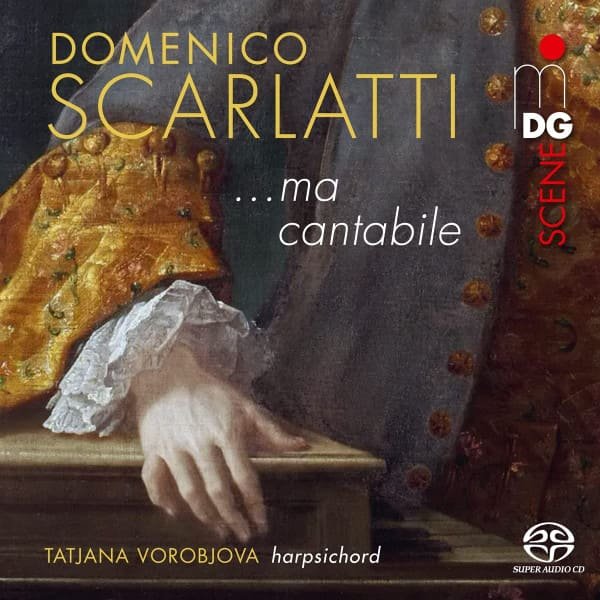
On that visit to Cologne for EOL, I also heard and met another early music keyboard virtuoso, the Latvian Tatjana Vorobjova. In her CD of Scarlatti sonatas, she is, in a way, doing the opposite of Paschenko in the Mozart. Instead of focusing on attack, she is seeking out the cantabile, singing qualities of the music – not easy to do on the harpsichord which, unlike the piano, cannot hold the sound beyond the strings’ natural resonance. Vorobjova brings out the sweetness rather than the explosive cleverness of Scarlatti’s writing. He was, after all, composing many of his sonatas not just for himself but for his pupil, Princess Maria Barbara of Braganza, first when she was young in Lisbon and later in Madrid when she became Queen of Spain. Had she been born in our age (and not a princess) she would have been good enough to be a professional. Vorobjova achieves a wonderfully lyrical flow through the pieces, none of them much more than five minutes long, and makes them feel as if they are one continuous work. This is one of those CDs which is perfect, after attentive listening, to have on in the background while trying to think!
Read More Classical Music Reviews by Simon Mundy
Brahms: Early and Late Piano Music
Llÿr Williams – Piano
Signum Classics 2 CDs SIGCD916
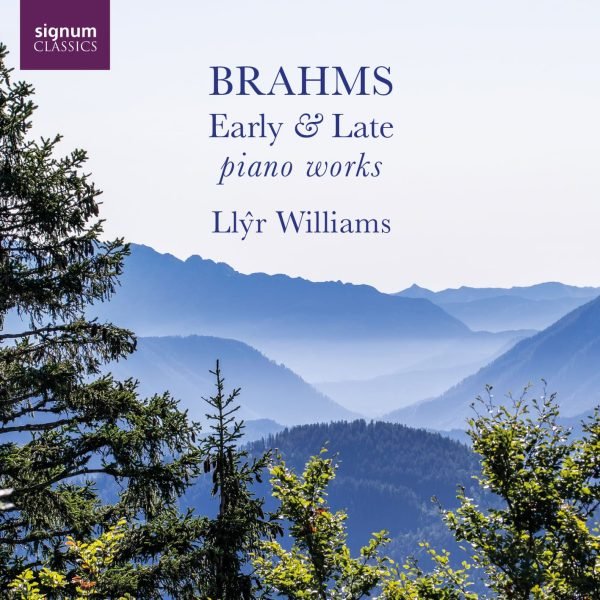
From early keyboards to the full sumptuous tone of the modern grand piano; Llÿr Williams records in his home country at Wyastone Leys in Gwent. He is a very thoughtful pianist, and these works have been chosen with great skill. He threads the early works among the late ones (from Brahms’ fifties) so that the contrast in expression and technique as the composer matured becomes clear because they are not presented chronologically. Perhaps it is my own age influencing me, but I find I much prefer the late ones: the extraordinary series of intermezzi, rhapsodies, and romances that form Op 116 – 119. In the works written in his twenties, like the five movements of Op. 5, Brahms seems too often to be trying desperately to match his much older friend Schumann with fancy technique, and Williams draws deliberate attention to this by including the Variations on a Theme of Robert Schumann, Op. 9, and placing it between the simpler and more direct pieces with more than a hundred opus numbers and thirty years later. Similarly, he follows the Op. 118 pieces with a piano transcription of the theme and variations that form the second movement of the Op.18 String Sextet. This is superb recital building for home listening, and Williams’ musical intelligence guides us through it effortlessly.
Britten: The Prince of the Pagodas
Hallé Orchestra, Kahchun Wong – Conductor
Hallé Records 2 CDs HLD7565
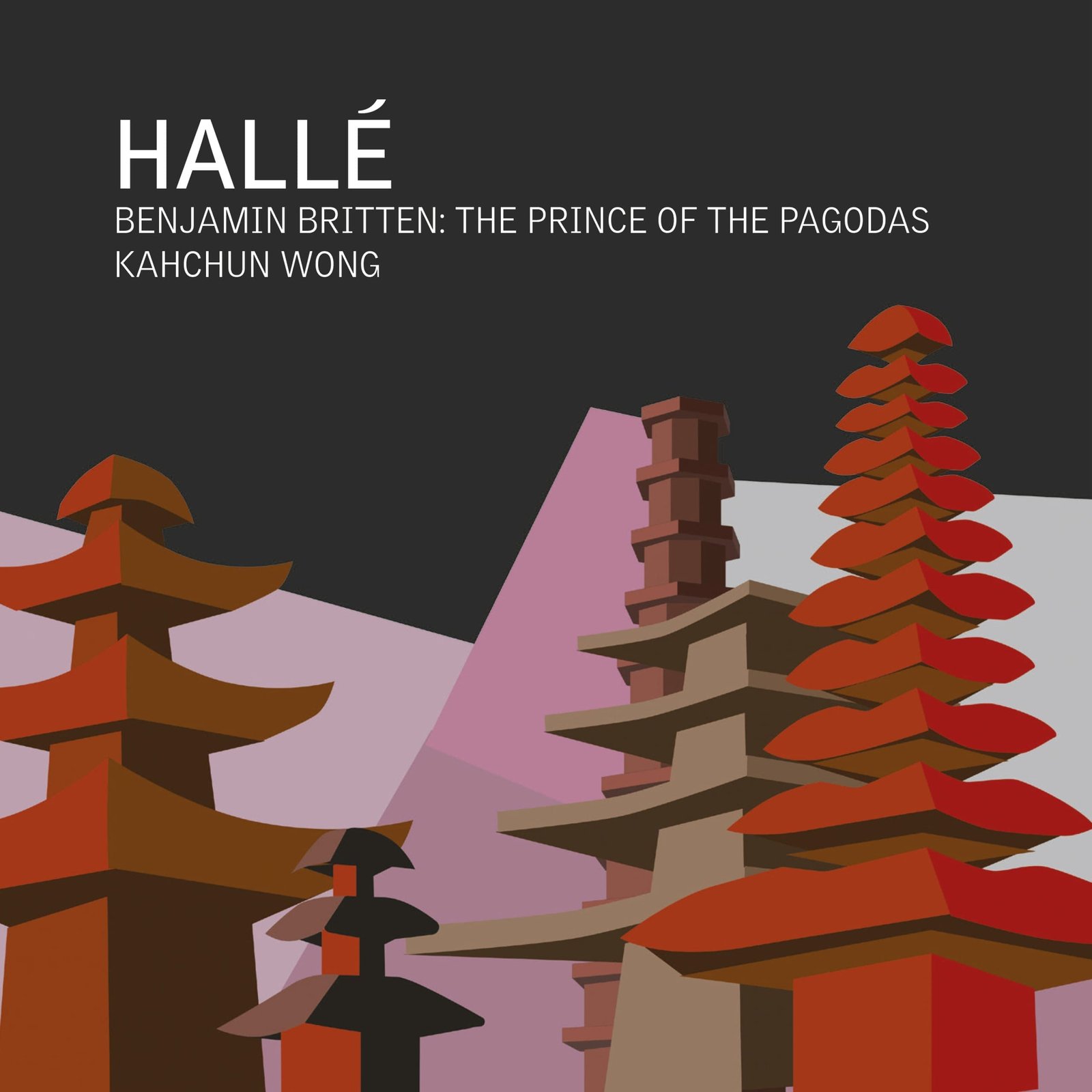
After twenty-five years, Sir Mark Elder relinquished his post at the head of the Hallé Orchestra (England’s oldest) this summer and handed over to the Singaporean conductor Kahchun Wong. Given his background, it is perhaps not surprising that he chose Benjamin Britten’s oriental ballet, The Prince of the Pagodas, as his first recording in the role. It is a long work, over two hours, and Britten did not enjoy writing it. The choreographer John Cranko gave him a fairy tale scenario and only became involved again when the ballet was in production. Its first performance on New Year’s Day 1957 at Covent Garden was a moderate success, and it has never quite found a firm place in the repertoire. As a musical experience, it still feels disjointed, but it is easy to see why Wong is intrigued. Britten’s orchestral textures and colours are ingenious, and his ability to provide Cranko with dramatic but fluid dance cues is imaginative. The importance of this recording, though, is in the signal it sends that the 38-year-old Wong’s regime with the Hallé is likely to offer Manchester a different character from Elder’s. It will be interesting to watch it develop. The orchestra plays beautifully, but Elder’s meticulous training this century has made it one of the best in Europe.
Meyerbeer: Le Prophète
Mané Galoyan – Soprano
Elizabeth DeShong – Mezzo-soprano
John Osborn – Tenor
Edwin Crossley-Mercer – Bass-baritone
and others
Lyon Opera Chorus
Maîtrise des Bouches-du-Rhône
Mediterranean Youth Orchestra
London Symphony Orchestra
Sir Mark Elder – Conductor
LSO Live 3 CDs LSO0894
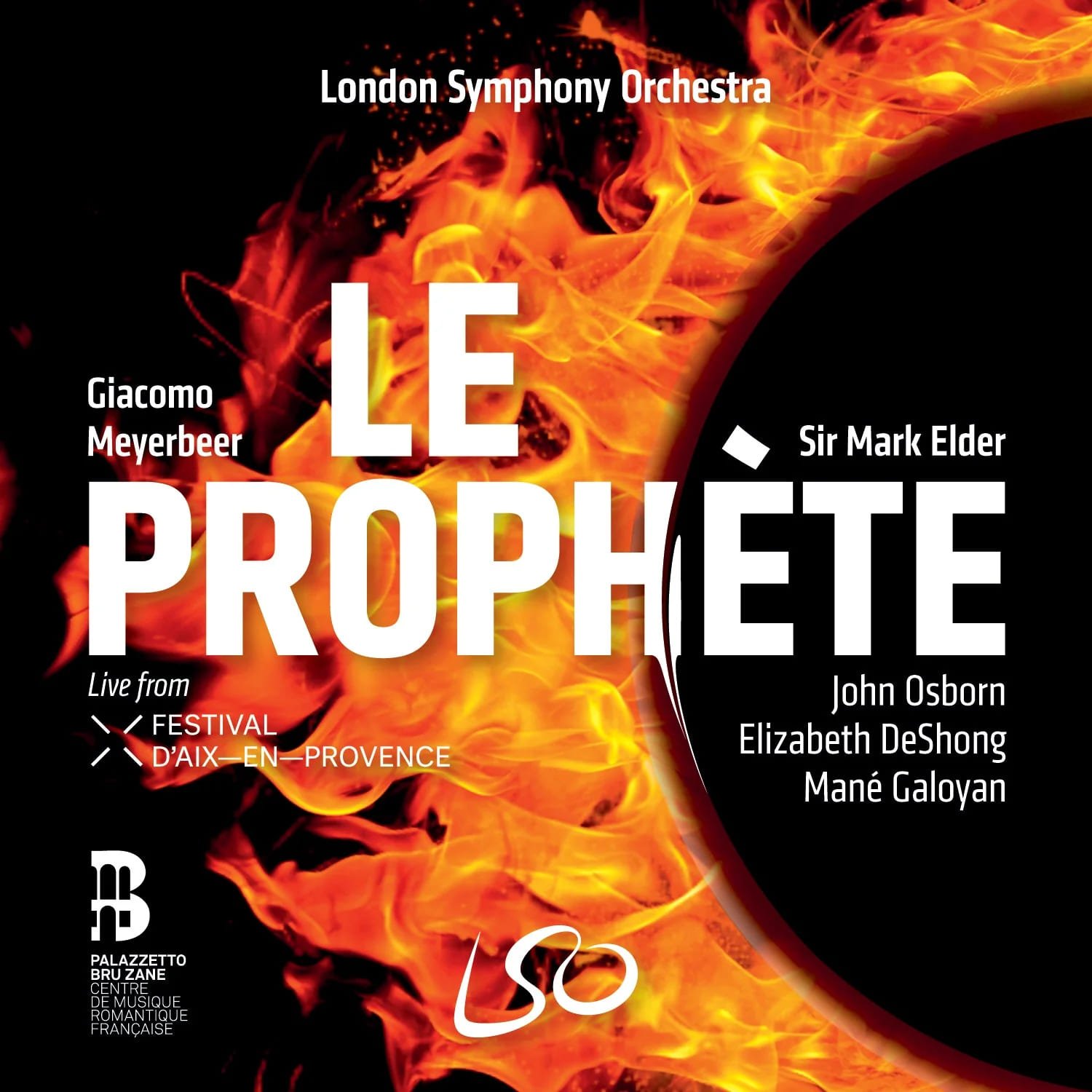
Throughout his time at the Hallé, Mark Elder never abandoned his career as an opera conductor or his love of French music – his recordings of Debussy are particularly fine. Giacomo Meyerbeer (real name Jacob Beer, from Berlin, who studied all over Europe and played the timpani in the premiere of Beethoven’s Seventh Symphony; rather badly, according to Beethoven) was the link between Rossini and Wagner. In the 1830s and 40s, he carried grand opera in France to its most spectacular heights, while retaining much of the musical language of the earlier couple of decades. Le Prophète took Meyerbeer and his perfectly named librettist, Eugène Scribe, ten years to bring to the Paris Opera stage, but when they did, in 1849, their timing was perfect. Its story of religious revolution turning to inhuman tyranny encapsulated Parisian worries after the second of France’s revolutions the previous year. Jean de Leiden, a 16th-century Dutch Protestant fanatic in his early twenties, captures the German town of Münster and proclaims himself a prophet-king, disowning his mother and betrothed to gain power, even though it was the behaviour towards them of a feudal Count that had radicalised him in the first place.
The cast is very male-dominated, but, despite the grim and brutal story, Meyerbeer balances it with some gorgeous and extended writing for Fidès, the tyrant’s mother, sung in the original production by the great singer/composer Pauline Viardot, here by Elizabeth DeShong, and lover-turned-enemy, Berthe (Mané Galoyan). He also finds room for a jolly skater’s ballet and one of the most elaborate cathedral scenes ever concocted. The orchestral and choral forces are massive: right up Mark Elder’s street in this performance recorded at last year’s Aix-en-Provence Festival and released on the LSO’s own label. This is the sort of opera that rarely gets staged these days, so it is good to have it in this concert recording with such a well-chosen cast.
For more information on the Hallé Orchestra’s recordings, visit Hallé Records.
Discover more inspiring stories, reviews, and insights into the world of classical music with EyeOnLondon. Follow us for a fresh perspective on London’s cultural scene and join the conversation!
Follow us on:
Subscribe to our YouTube channel for the latest videos and updates!
We value your thoughts! Share your feedback and help us make EyeOnLondon even better!


